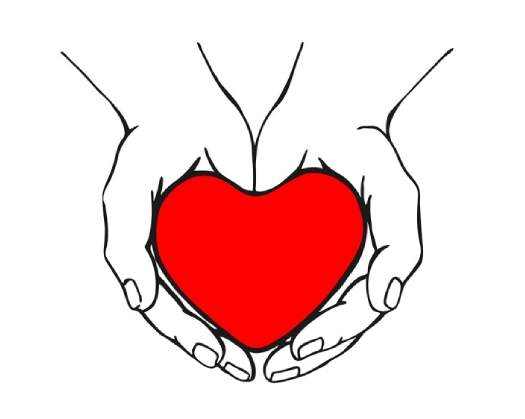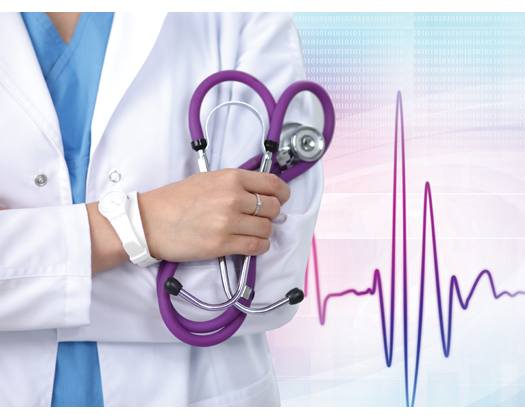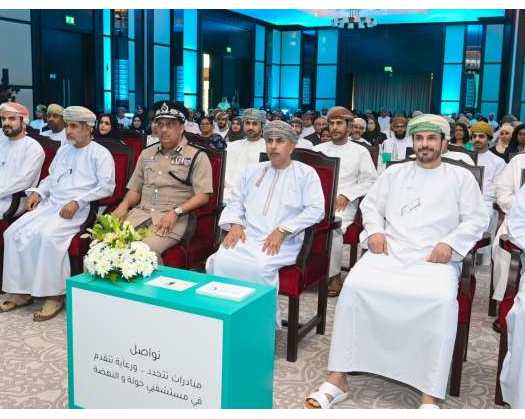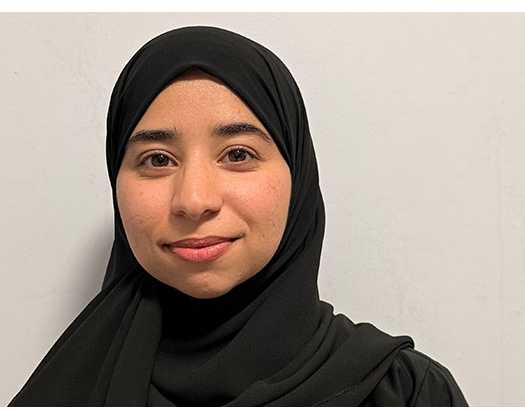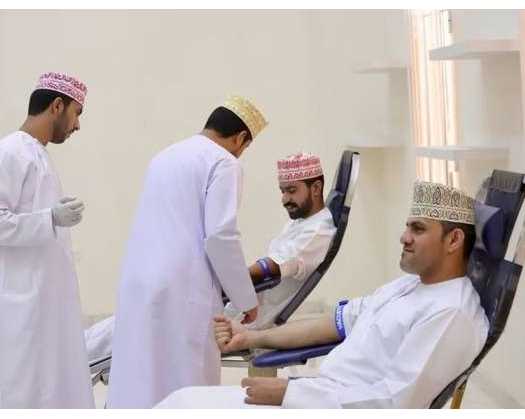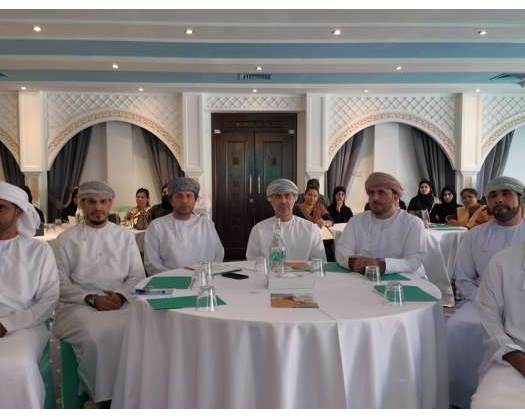MUSCAT: In recent years, there has been a notable increase in the incidence of heart attacks among the youth, a phenomenon that was previously considered rare for this demographic. Dr. Alya Al Kindi, an expert in emergency medicine, elucidates that sudden cardiac death in young individuals is often preceded by significant symptoms indicative of a major health issue.
Dr. Al Kindi emphasizes that parents, coaches, and individuals associated with young people can identify potential risk factors for cardiac arrest by recognizing certain warning signs. These signs include fainting or dizziness that occurs suddenly, particularly during or following physical activity, chest pain or difficulty breathing, a rapid or irregular heartbeat, extreme fatigue following simple tasks, and swelling in the legs or ankles.
She further explains that sudden heart attacks in young individuals can be attributed to a variety of causes, including direct heart conditions and other contributing factors. Among the most significant factors are heart rhythm disorders, such as ventricular fibrillation, which disrupts the heart's regular and efficient blood pumping. Hypertrophic cardiomyopathy, a genetic condition leading to heart muscle enlargement, irregular heartbeats, and sudden cardiac arrest, especially during exercise, is another critical factor.
Dr. Al Kindi also points out that heart attacks can result from obstructions in the coronary arteries supplying the heart or inflammation of the heart muscle due to viral or bacterial infections. Other causes include aortic aneurysm, which can lead to aortic rupture and severe internal bleeding, as well as stroke or pulmonary embolism obstructing blood flow to the lungs. Genetic conditions like Brugada syndrome and long QT syndrome, affecting the heart's electrical signals, also increase the risk of sudden cardiac death.

Moreover, Dr. Al Kindi highlights that certain factors can elevate the risk of sudden heart attacks in young individuals. These include excessive physical exertion from intense exercise, which can precipitate sudden cardiac arrest, especially in those with undiagnosed heart conditions. Substance abuse, particularly cocaine, is another factor that can induce heart rhythm disturbances and heighten the risk of sudden death. Additionally, stress and psychological stress contribute to elevated blood pressure and accelerated heart rate, further increasing the likelihood of heart-related issues.
Dr. Al Kindi emphasizes the necessity of adhering to a comprehensive set of preventive strategies to avert the occurrence of sudden cardiac events. These strategies are designed to preserve cardiovascular health and identify any potential issues at an early stage. The initial steps involve scheduling regular medical check-ups, which may include electrocardiograms (ECGs), echocardiograms, and cardiac stress tests, particularly for individuals engaging in vigorous physical activity or experiencing symptoms such as chest discomfort, frequent fainting, or irregular heart rhythms. It is imperative for the physician to be apprised of any familial history of cardiac conditions.
Furthermore, Dr. Kindi underscores the significance of maintaining a healthy lifestyle, which includes consistent physical activity, a well-balanced diet, and abstaining from tobacco use. She recommends the adoption of stress reduction techniques, such as meditation or yoga, to mitigate psychological stress and pressure. It is crucial to avoid substances that may disrupt heart rhythm and elevate the risk of sudden cardiac arrest.
Moreover, managing chronic conditions such as hypertension, diabetes, and elevated cholesterol levels is pivotal in the prevention of cardiovascular diseases.
Dr. Kindi acknowledges the prevailing lack of awareness among the youth regarding heart health and the criticality of preventive medical screenings. She advocates for the enhancement of public awareness through the utilization of social media platforms and the organization of educational events in schools, universities, and workplaces. Additionally, she highlights the importance of equipping individuals with first aid knowledge and the ability to administer electric shock devices in public settings, as these skills can be instrumental in saving lives.

